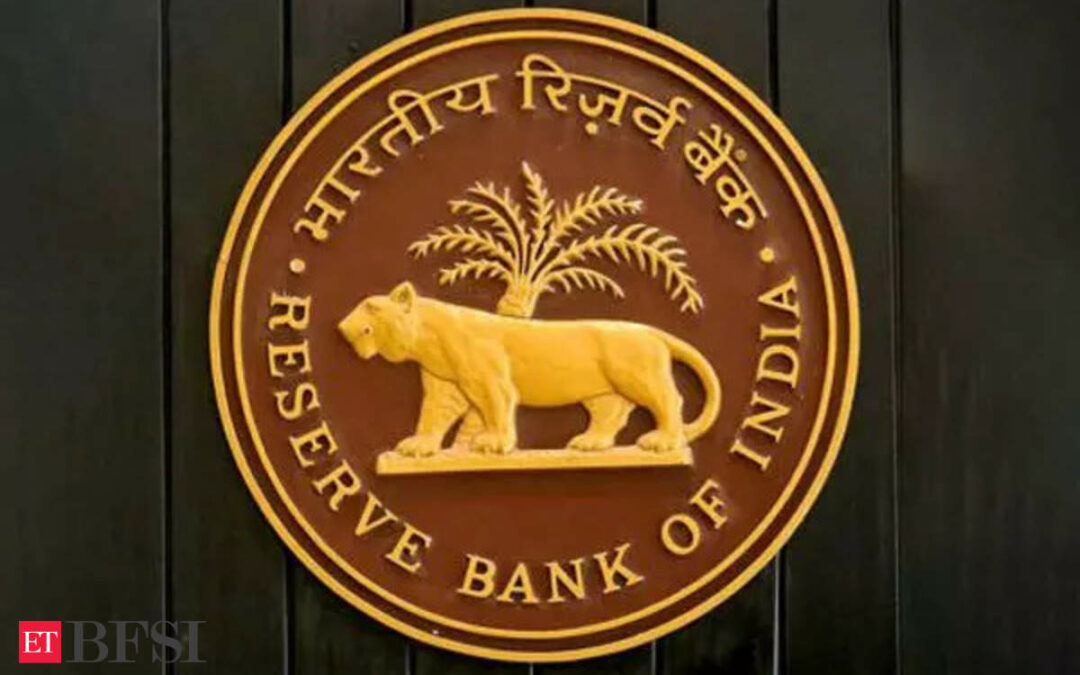The Reserve Bank of India (RBI) has announced a new feature for the Unified Payments Interface (UPI) called ‘delegated payments.” This feature is designed to enhance the reach and usability of UPI across India, particularly in areas where financial literacy is limited and multiple family members share a single bank account.
What is the delegated payments feature in UPI?
The “delegated payments” feature allows a primary UPI user to set transaction limits for another individual, known as the secondary user, using the primary user’s bank account. This means that a secondary user, such as a family member, can make UPI payments without needing their own bank account or UPI registration.
What are the benefits for UPI users?
This feature is expected to significantly increase the user base of UPI by simplifying the process for individuals who may not have their own bank accounts. It is particularly beneficial in rural areas, where one bank account is often shared among family members. By allowing delegated access, UPI becomes more accessible, enabling a broader range of users to engage in digital transactions.
What are the control and security measures?
The primary user can set transaction limits for the secondary user, ensuring controlled access to the bank account. This added layer of control enhances the security of the account and makes it easier to manage finances, especially for those who might be less familiar with digital payments.
What would be the impact on digital payments?
The introduction of “Delegated Payments” is expected to boost UPI transactions significantly. As families and individuals begin to utilise this new feature, UPI usage is projected to increase by 25-30%. This will not only drive higher digital transaction volumes but also promote financial inclusion by introducing more people to the convenience of UPI.











